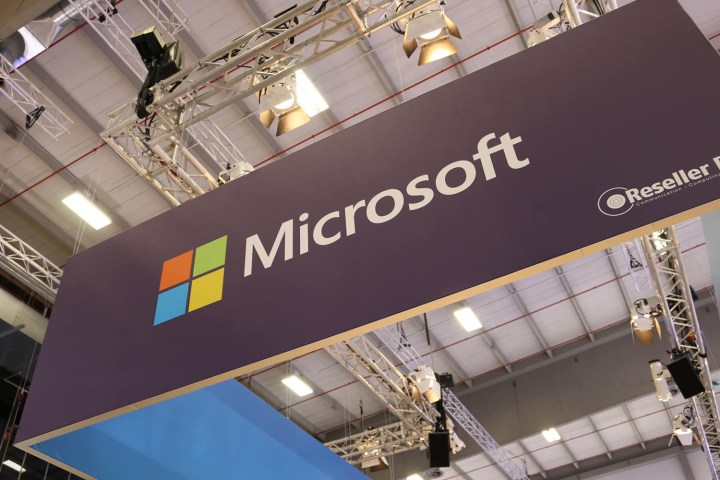
Young people are particularly vulnerable on the internet, both because they’re not always as experienced as older users and because they’re often directly targeted. With that in mind, Microsoft has formed a new organization called the “Council for Digital Good” to let teenagers help other teenagers stay safe.
According to Microsoft, “Today’s youth are tech-savvy, digitally engaged, and resourceful, and we at Microsoft are interested in what they’re doing online, who they’re connecting with, and what they’re sharing and learning. In turn, we’re cognizant that being online presents very real risks, and we want to make sure young people appreciate — and have the skills to help mitigate — those risks.”
The one-year pilot program is thus aimed at learning more about online experiences from teenagers themselves, and how their lives online can be made “healthier, safer, and more enjoyable.” The Council for Digital Good is looking for youths aged 13 to 17 in the U.S., who will be invited to Microsoft’s headquarters for a two-day trip in August 2017.
Anyone who fits the criteria and wants to sign up for the program can do so by filling out this web form. Once Microsoft has reviewed the applications and selected participants, it will invite 12 to 15 teenagers to attend a council summit in Redmond, Washington, where small and full council discussions, a separate “parent track,” interaction with Microsoft staff, and “fun activities” will be in store.
The council members will then be expected to return to their schools and communities as ambassadors for “digital civility.” Each council member will sign up for a one-year or 18-month term, and will be eligible for internships and other opportunities at a number of third-party organizations. Overall, according to Microsoft, membership in the council will give participants a number of ways to achieve personal and educational growth.
If you have questions about the program, then contact Microsoft at safekids@microsoft.com. Microsoft has a host of resources available regarding online safety, and it will be releasing more information on Safer Internet Day 2017 on February 7. Clearly, Microsoft is concerned about everyone’s online safety, and enlisting the help of tech-savvy teenagers is just one step along the way.


